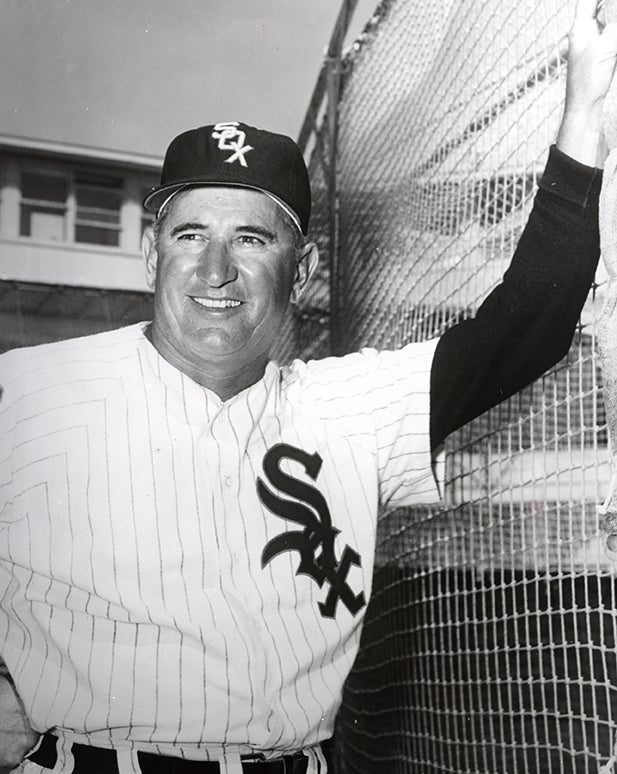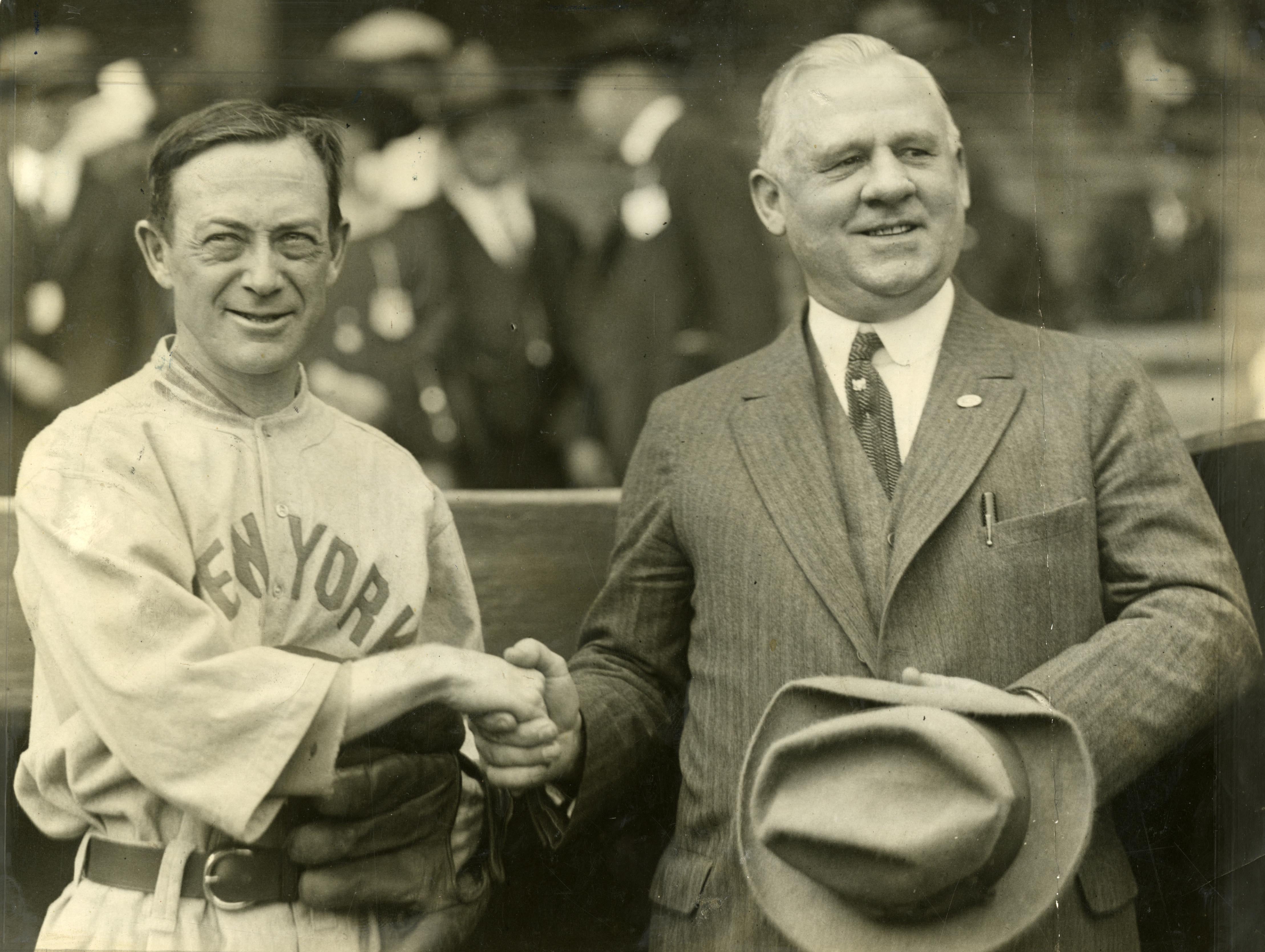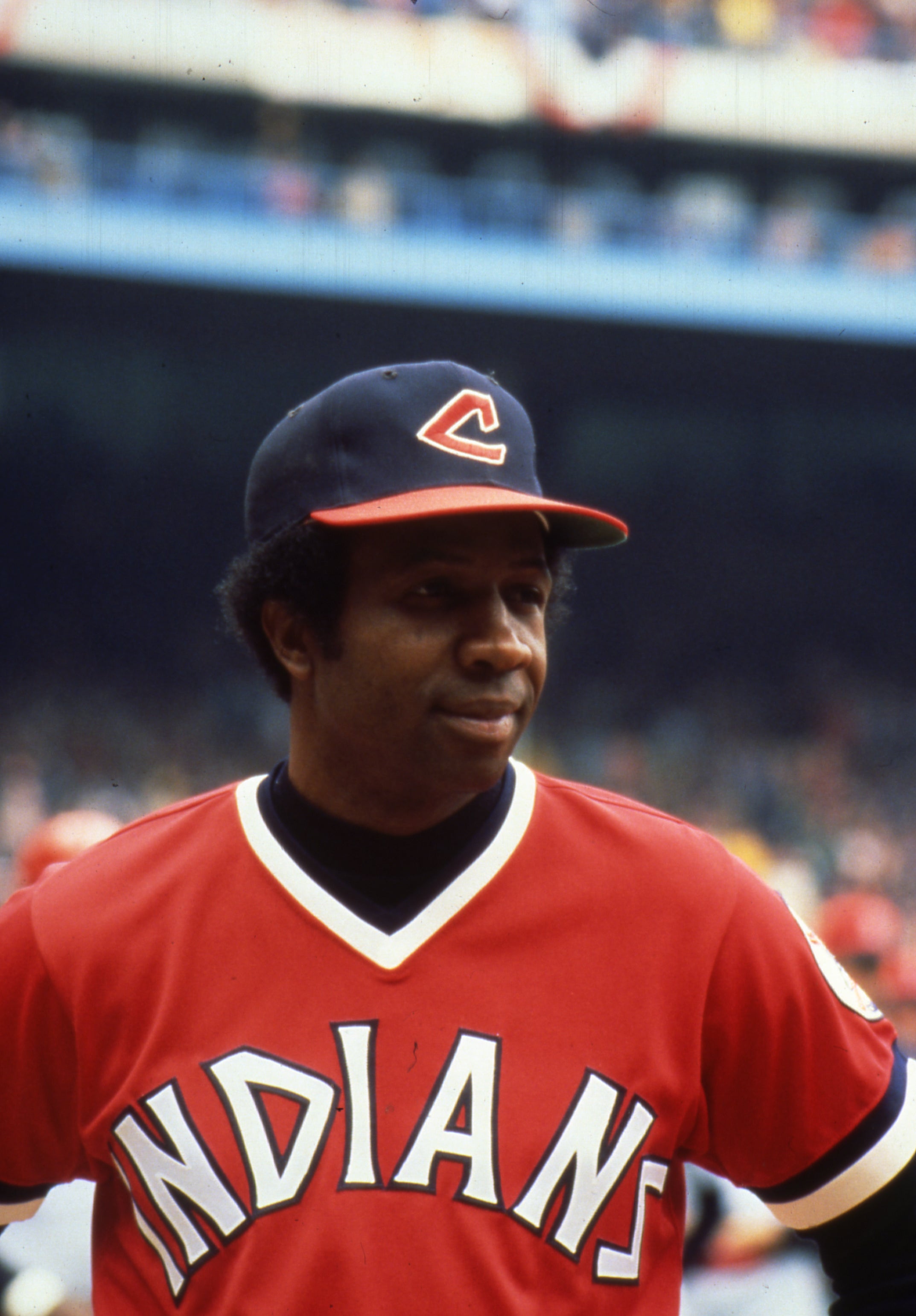- Home
- Our Stories
- Illness forces López to end brilliant managerial career
Illness forces López to end brilliant managerial career
After 17 seasons and 1,410 victories, Al López figured the time had come.
On May 2, 1969, López announced we was resigning as manager of the Chicago White Sox due to ongoing stomach issues.
With the Sox at 8-9 in the young season, López turned the managerial reins over to coach Don Gutteridge at a press conference in Minneapolis before the start of a two-game series against the Twins.
“I was trying to stick it out,” the 60-year-old López told the Chicago Tribune.
“I’ve been on pills continually since last November, when I had a terrific pain in my stomach. But it doesn’t seem to get any better.”
López was in the midst of his second stint as the White Sox manager. He skippered the club from 1957-65 before returning on July 14, 1968, to replace Eddie Stanky.
Gutteridge, a former White Sox minor league manager, was part of López’s major league coaching staff and was long considered to be the heir apparent to succeed López.
In 15 full big league seasons as manager for the Cleveland Indians and then the White Sox, López’s teams never finished in the bottom half of the American League standings.
He led the Indians to the AL pennant in 1954 and the White Sox to the league title in 1959.
In 10 other seasons, López’s club finished in second place in the AL – and he totaled 10 seasons where his team won at least 90 games.
López debuted as a big league manager in 1951 with the Indians following a 19-year player career that saw him set the big league record (since surpassed) for most games caught with 1,918.
He was named to two All-Star Games and received votes in the National League MVP balloting in seven seasons.
Announcing that he was heading home to Tampa, Fla., when he stepped away from the White Sox for the final time, López said he would not manage again.
“No,” said López, when asked if he would seek another big league job.
“This is it.”
López was elected to the Hall of Fame as a manager in 1977.
He passed away on Oct. 30, 2005 at 97 – at the time the oldest Hall of Famer in history.
Craig Muder is the director of communications for the National Baseball Hall of Fame and Museum
Related Stories

Future HOFer Al López named manager of Chicago White Sox

Hall of Fame Managers Who Have Won The World Series

Frank Robinson blazed trail for managers

Future HOFer Al López named manager of Chicago White Sox

Hall of Fame Managers Who Have Won The World Series





